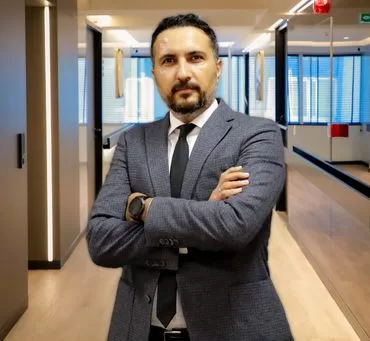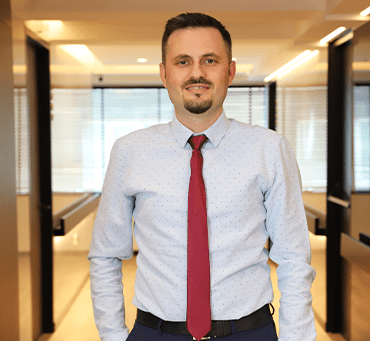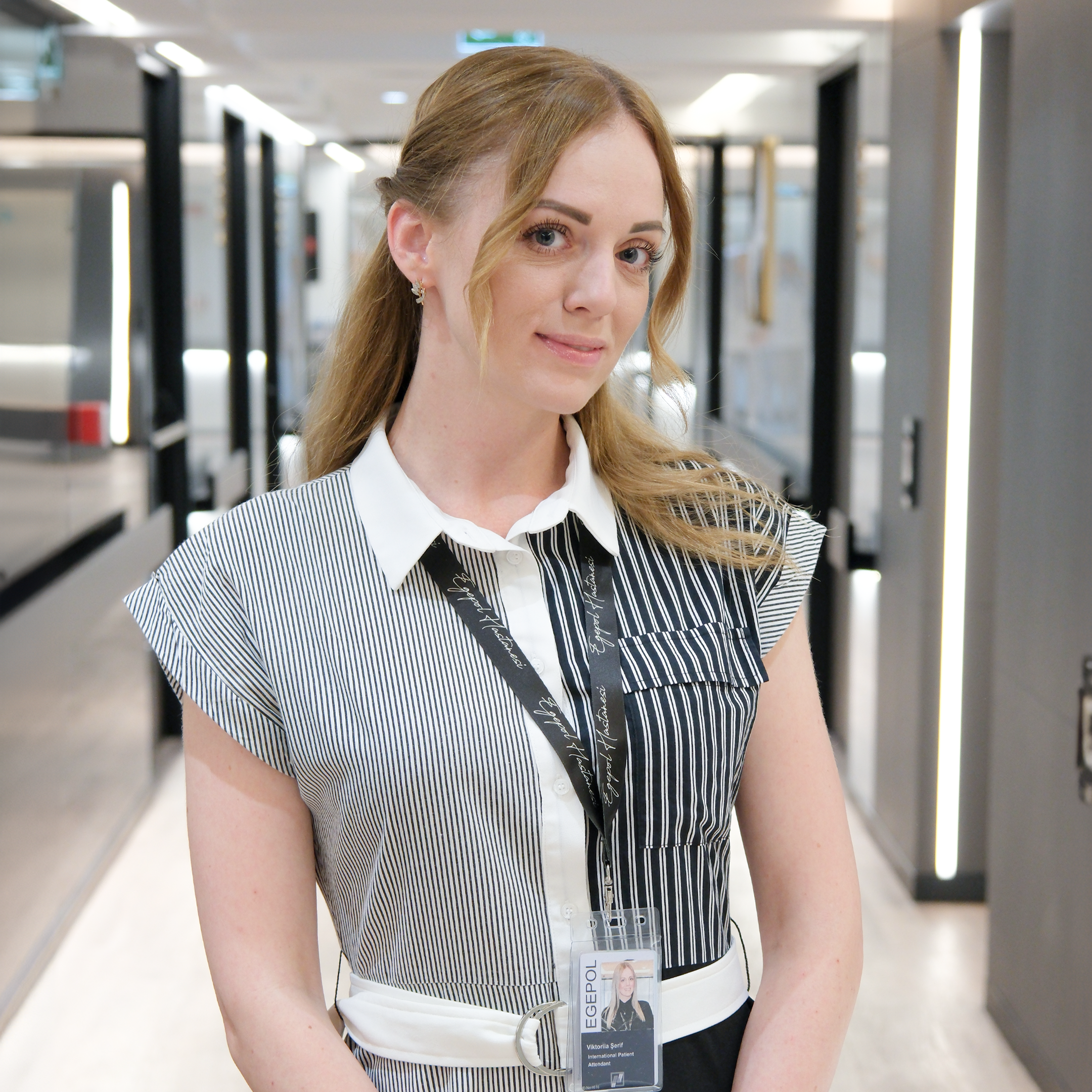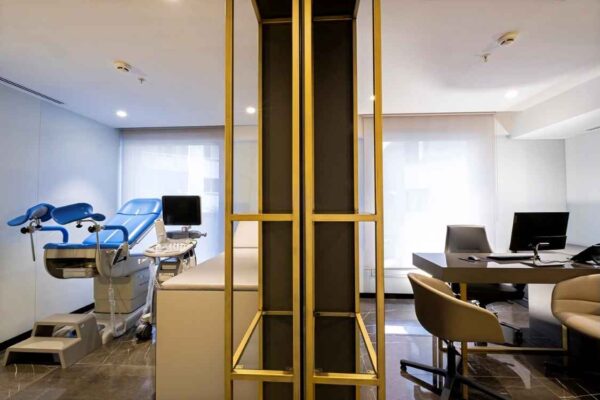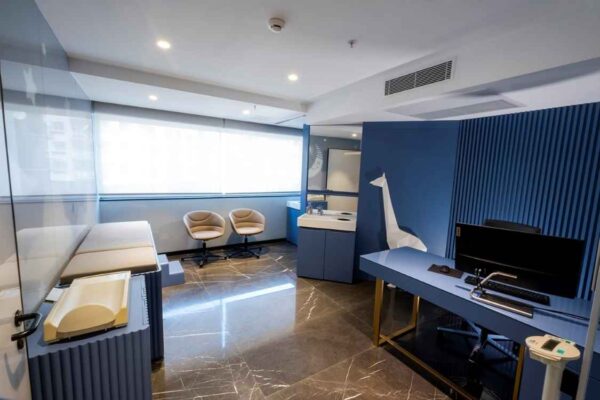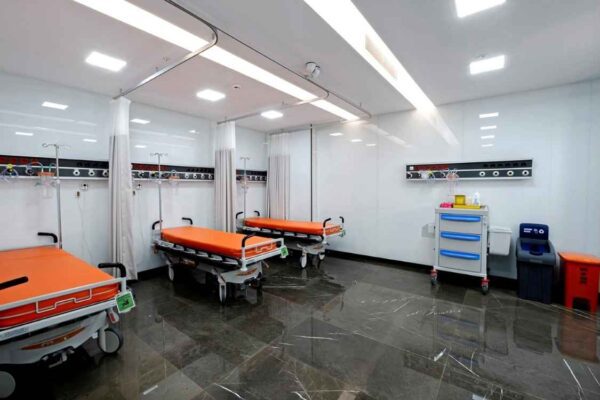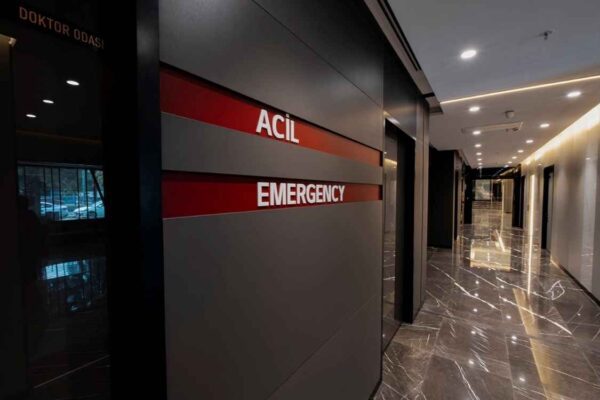Cardiovascular surgery, commonly referred to as cardiac surgery, is a specialist area of medicine that focuses on surgical procedures to treat various heart and blood vessel diseases.
It entails sophisticated treatments carried out on the heart, blood arteries, and other cardiovascular system components. Cardiovascular surgery seeks to treat cardiac abnormalities, enhance blood flow, and return the heart and circulatory system to normal operation.
How to do Cardiovascular Surgery?
The term “cardiovascular surgery” refers to a variety of treatments, each of which is designed to treat a particular heart or vascular disease. The following steps may be included in the surgical procedure:
- Before having cardiovascular surgery, patients go through a thorough preoperative evaluation that includes a review of their medical history, physical exams, diagnostic testing, and imaging scans. The medical staff uses this evaluation to choose the best surgical strategy.
- Administration of anesthesia: To assure the patient’s comfort and safety, anaesthetic is given before the procedure. The intricacy of the surgery and the unique requirements of the patient dictate the kind of anesthesia (general or local with sedation).
- Depending on the type of cardiovascular surgery being performed, the surgeon carefully makes an incision to obtain access to the heart or blood arteries. The incision’s location and size varies depending on the operation and the patient.
- Surgical Intervention: The specific operation is carried out when the surgeon has gained access to the heart or blood vessels. This could involve aortic aneurysm repair, heart valve replacement or repair, congenital heart defect correction, coronary artery bypass grafting (CABG), or other specialist operations.
- Monitoring and Support: The patient’s vital indicators, such as heart rate, blood pressure, and oxygen levels, are closely watched throughout the process. The surgical team makes sure the patient is stable and may utilize several methods, such cardiopulmonary bypass, to support heart and lung function.
- Wound Closure and Recovery: The surgeon gently seals the incision using sutures or staples after completing the surgical intervention. The patient is subsequently moved to the recovery area, where they are kept under strict observation for the first several hours after surgery. To speed up healing and recovery, programs for pain management, wound care, and rehabilitation are started.
Why is Turkey Cheaper for Cardiovascular Surgery?
Turkey has been a popular choice for individuals seeking sophisticated cardiac procedures due to the monetary reductions it provides. The cost of cardiovascular surgery in Turkey is influenced by a number of factors, including:
- Pricing Competition: Turkey’s healthcare industry is quite competitive, which lowers the cost of medical operations compared to many Western nations. For complicated procedures like cardiovascular surgery, the competitive pricing is especially beneficial because it enables patients to receive top-notch care for a fraction of the price.
- Advanced Facilities and Skilled Surgeons: The cardiovascular surgeons in Turkey are highly skilled, have received significant training, and are experts in their area. Modern medical facilities in the nation comply to worldwide standards, guaranteeing secure and effective surgical procedures.
The Turkish government has made considerable expenditures in the country’s healthcare infrastructure, including hospitals and medical institutions. This investment has helped the healthcare sector flourish and made it more accessible and cheap for patients in need of cardiovascular surgery, in addition to supportive government regulations.
Who is Eligible for Cardiovascular Surgery?
Depending on the unique circumstances surrounding each patient and their illness, each patient’s eligibility for cardiovascular surgery is assessed on an individual basis. Typically, the following people may be candidates for cardiovascular surgery:
- Patients with Heart issues: Heart issues such coronary artery disease, heart valve problems, congenital heart defects, or aortic aneurysms may make a patient suitable for cardiovascular surgery.
- Adequate Health Status: Before undergoing surgery, patients should be in generally good health. To determine whether a patient is a good candidate for surgery, a thorough evaluation that includes a medical history, physical exams, and diagnostic tests is carried out.
- Lifestyle Factors: The suitability for cardiovascular surgery may be affected by factors like smoking, obesity, and other lifestyle choices. To improve outcomes, the medical staff will evaluate these variables and might suggest lifestyle changes both before and after surgery.
Conclusion
Patients’ cardiac function and quality of life are significantly improved by cardiovascular surgery, which is used to treat a variety of heart and blood vessel disorders. With its affordable costs, qualified surgeons, state-of-the-art facilities, and government assistance, Turkey has become a popular choice for cardiovascular surgery.
Patients can decide whether to have cardiovascular surgery and receive high-quality care at a reduced cost by being informed about the procedure, the surgical process, the cost benefits in Turkey, and the eligibility requirements.
FAQs
In Turkey, the payment plan options for cardiovascular surgery may vary depending on the hospital or clinic. Generally, options such as credit card payments, bank transfers, and cash payments are available. It is advisable to consult with the specific healthcare facility to understand their accepted payment methods and any additional financing or insurance options they may offer.
No, cardiovascular surgery does not typically come under insurance. While health insurance may cover certain medical procedures and treatments, cardiovascular surgery is often considered a specialized and costly procedure that requires specific coverage or may involve high deductibles and out-of-pocket expenses for the patient. It is advisable to check with your insurance provider for specific details.
Cardiovascular surgery is generally cheaper in Turkey due to a combination of factors. These include lower labor costs, favorable exchange rates, and government incentives for medical tourism. Additionally, Turkey has developed a strong healthcare infrastructure and highly skilled medical professionals, allowing them to offer quality cardiovascular surgery at a more affordable price compared to some other countries.
No, you cannot get finance for cardiovascular surgery. Cardiovascular surgery is a medical procedure that typically requires insurance coverage or out-of-pocket payment. Financial assistance may be available through specific healthcare programs or charitable organizations, but it is not generally provided as a direct finance option.
In Turkey, there is generally no strict age limit for cardiovascular surgery. The decision to undergo surgery depends on the patient’s overall health condition and individual circumstances. The medical team will assess the risks and benefits, considering factors such as age, medical history, and the patient’s ability to tolerate the procedure.
The percent chance of a cardiovascular surgery going wrong depends on various factors, including the patient’s overall health, the complexity of the procedure, and the expertise of the surgical team. While advancements have significantly reduced risks, it is essential to consult with a qualified surgeon to evaluate individual circumstances and discuss potential outcomes.
After cardiovascular surgery, some individuals may experience complications such as infection, bleeding, blood clots, arrhythmias, or damage to surrounding organs. Other potential issues include breathing difficulties, fluid accumulation, chest pain, or prolonged recovery time. It is important to follow post-surgical care instructions and promptly report any concerning symptoms to medical professionals.
Our Team
Our Hospital
Atilla, Halide Edip Adıvar St.
No:57, 35270 Konak/İzmir




